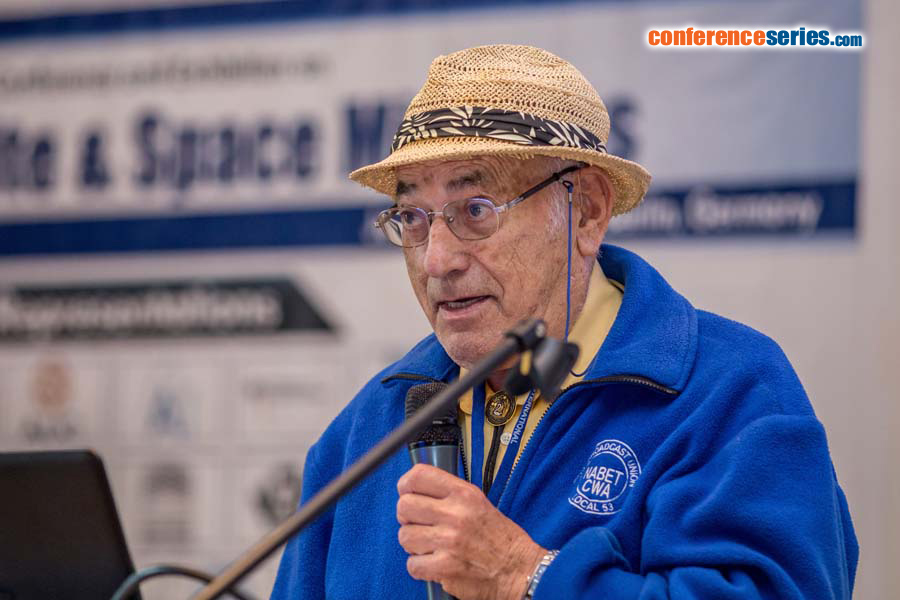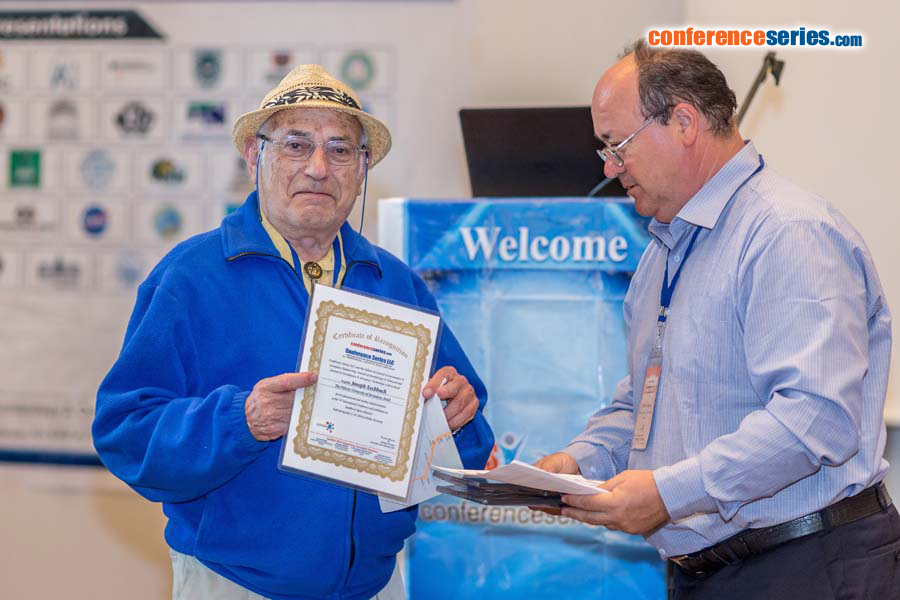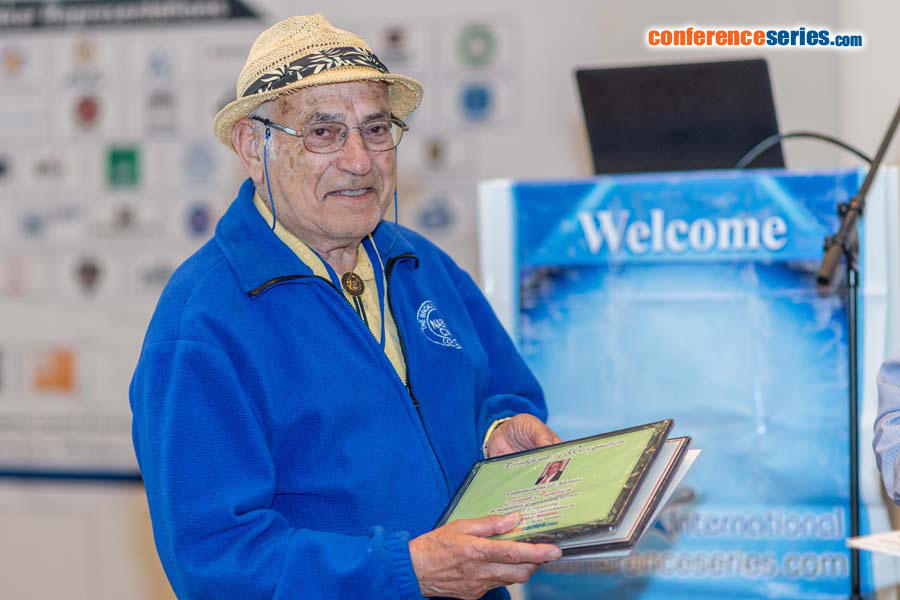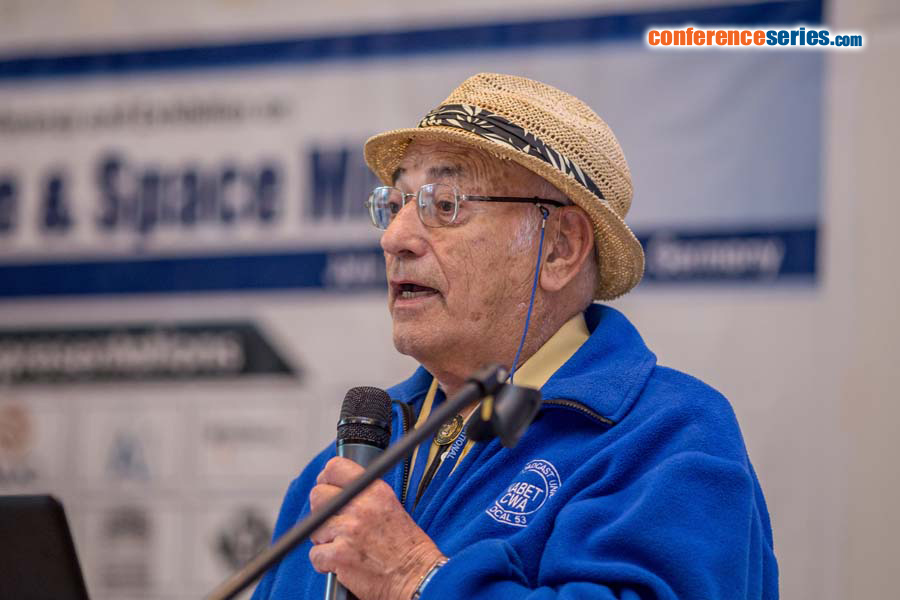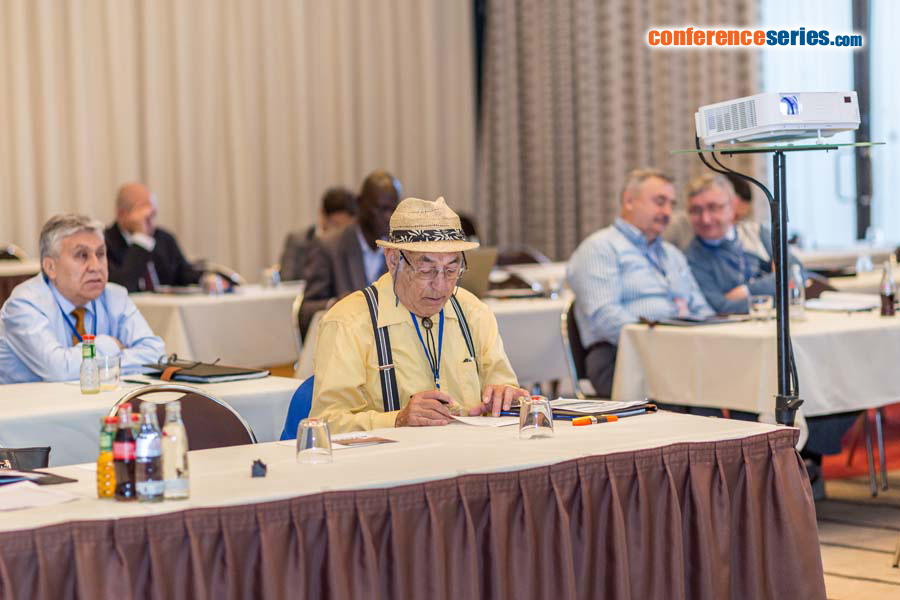
Joseph Seckbach
The Hebrew University of Jerusalem
Israel
Title: From extremophilic microbes to extraterrestrial possibilities of life
Biography
Biography: Joseph Seckbach
Abstract
We know life all over in ‘normal’ environments with mild habitable conditions. However, there are also habitats on Earth that have very severe environmental conditions that host microorganisms. The organisms living and thriving in these harsh conditions are termed Extremophiles. While these environments are considered harsh and severe environments from our anthropocentric point of view, the extremophiles consider their environment as a Garden of Eden. Most of them are not able to live in ‘normal’ environments, which are toxic for them. Among the organisms in these harsh habitats, one can find prokaryotes such as Cyanobacteria and eukaryotes such as algal species and even micro-animals (such as Tardigrates). If extremophiles tolerate more than one extreme factor, we call them Polyextremophiles. Among these extreme conditions are high salt media (halophiles), high levels of temperatures (thermophiles or hyperthermophiles) or very low temperatures (psychrophilic, hyperthermophiles), and various pH levels (in the low pH range are the acidophilic; in high levels – alkalophilic). The extremophiles and polyextremophiles could serve as analogues or models for astrobiology. We are aware that the planet Mars contains liquid water, and several satellites have in their subsurface (icy layers) an ocean of salty liquid water. There are plans to send a human mission to Mars around the year 2030 and have it return with some extraterrestrial samples which would inform our view on the possibilities of external life (as “we know it”).
Speaker Presentations
Speaker PDFs
Speaker PPTs Click Here

